The Biden administration has banned the Wuhan Institute of Virology (WIV) in China from receiving US federal funding after concluding that research there that had been financed by the US National Institutes of Health (NIH) likely violated biosafety protocols. Earlier this month, the NIH’s parent agency the Department of Health and Human Services (HHS) determined that ‘the immediate suspension of WIV is necessary to mitigate any potential public health risk’.
WIV has been at the centre of unproven claims that the virus that caused the Covid-19 pandemic escaped from its labs. This latest development exacerbates the drama surrounding the US government’s support of coronavirus research in China prior to the outbreak.
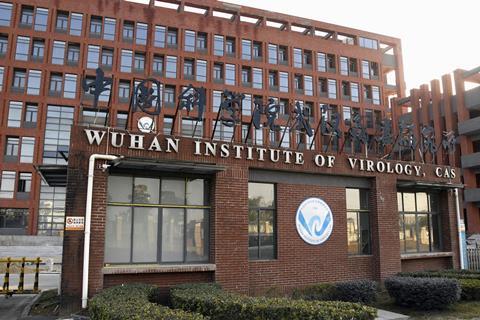
The WIV research in question, originally awarded funding by the NIH in 2014 and renewed in 2019, was channelled through the New York-based non-profit EcoHealth Alliance. EcoHealth received approximately $600,000 (£467,000) for the project, which involved studying coronaviruses in bats and their potential to jump into humans. The project, which was cancelled in April 2020, was originally funded by the Obama administration. It had come under public attack from Republican politicians in the weeks preceding its termination.
HHS does not argue that the project caused the Covid-19 outbreak, but it does criticise WIV for refusing to share certain information relating to its research.
The HHS memo, recently released by an oversight committee of the US House of Representatives, noted that the NIH determined in an August 2021 review that the WIV research may have yielded an increase in viral activity that violated the terms of the NIH grant. There was no evidence that EcoHealth had notified the NIH about this possibility as it was required to do, according to HHS.
‘NIH has given WIV several opportunities to disprove this finding, but WIV has failed to do so,’ HHS stated. ‘Due to WIV’s disregard of the NIH’s requests … the NIH’s conclusion that WIV research likely violated protocols of the NIH regarding biosafety is undisputed.’
EcoHealth contends that any increase in viral activity was ‘not statistically significant’, and argues that it had reported the results of its experiments in line with NIH’s requirements.
In a statement to Chemistry World, EcoHealth says that: ‘The [HHS] claim that there was no evidence that EHA notified NIH about the experiment in question is not correct. EcoHealth Alliance provided the Government Accountability Office with documentation regarding this alleged late reporting that showed the experimental results were first reported in the Year 4 report, which was submitted into the NIH system on time in April 2018, with a copy emailed to the NIAID Program Officer at that time.’
EcoHealth had described the goal of the NIH-funded project as constructing Mers and Mers-like chimeric coronaviruses in order to understand the potential origins of Mers in bats.
When NIH abruptly terminated the WIV research in 2020, there was worry that political pressure had motivated the decision. At the time, 77 US Nobel laureates and more than 30 scientific societies including the American Society for Biochemistry and Molecular Biology expressed concerns about the decision. The NIH reinstated a diminished version of the grant earlier this year, which no longer includes the involvement of WIV.
This story was updated on 26 July to include comments from EcoHealth Alliance.






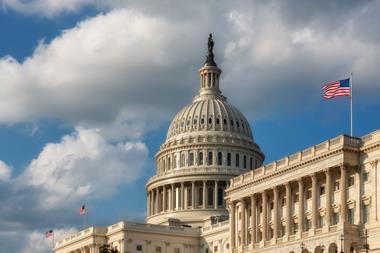

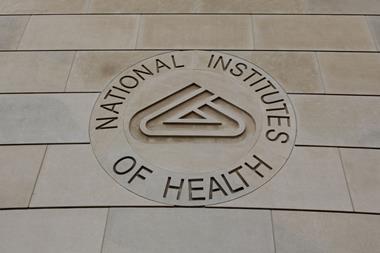
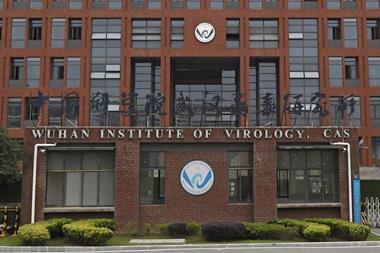
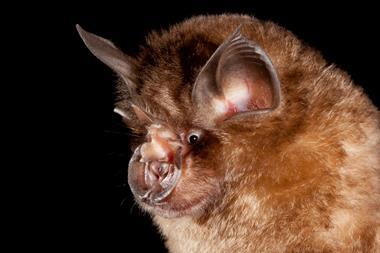






1 Reader's comment